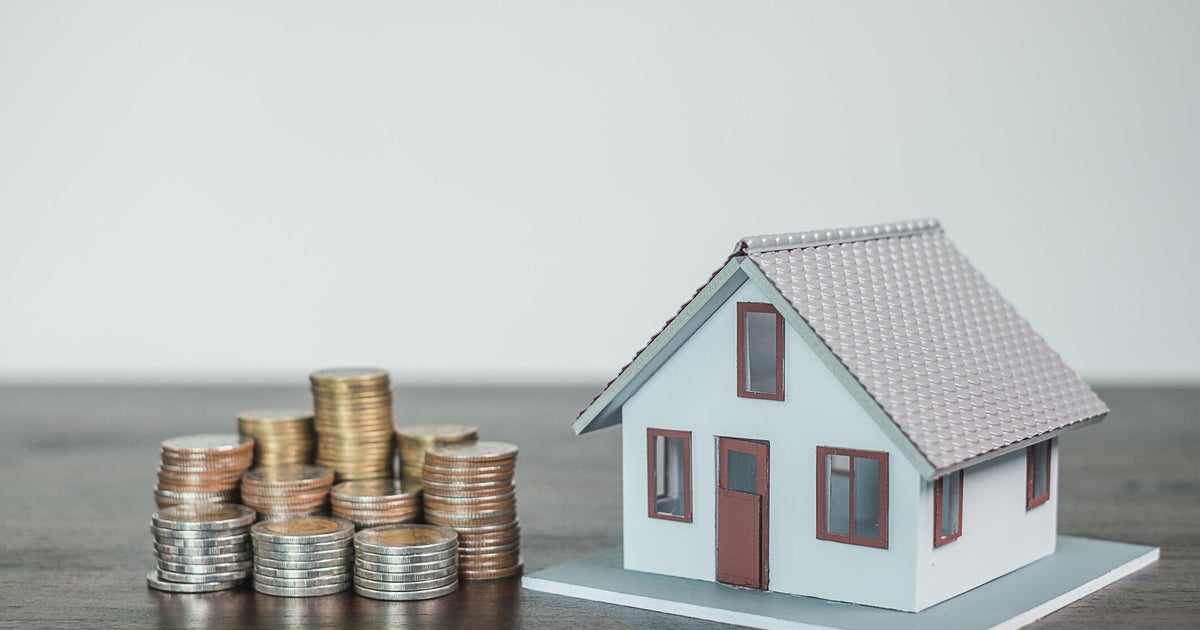Home equity loan vs. debt consolidation loan: Which is better?
Debt is a huge drain on your finances, not to mention your mental and emotional health. If you're struggling to manage multiple payments on high-interest accounts, it can feel like you're fighting a never-ending battle. One way to get back on track is to consolidate your debt.
Debt consolidation combines multiple high-interest balances with variable rates into one balance at a fixed (often lower) rate. This can help you streamline your payments, pay down your debt faster and save on interest charges.
Two ways to do this are with a home equity loan or a debt consolidation loan. Both can make your debt repayment easier and save you money in the long run. But they have some key differences to consider when determining which is best for you.
Explore home equity loan options here now to learn more.
What is a home equity loan?
A home equity loan allows you to borrow from the value you've built in your home. You may borrow up to 85% of your home equity, which is calculated based on how much you owe on your mortgage and how much your home is currently worth. The more you've paid off and the higher your home's value, the more you can borrow.
Home equity loan funds are disbursed as a lump sum, which you can use to pay off your outstanding balances. You then repay the new loan monthly, typically over five to 30 years.
A home equity loan is secured by your home. If you can't keep up with your loan payments, the lender can foreclose on your home.
What is a debt consolidation loan?
A debt consolidation loan is a type of personal loan used to pay off existing debt. As with a home equity loan, you receive a lump sum to pay off your outstanding balances. You repay the new loan in monthly installments, typically over two to five years.
A debt consolidation loan is unsecured, meaning your home does not serve as collateral. Therefore, if you default, the lender cannot foreclose on your home.
Check out current personal loan rates here to see if this option is right for you.
Home equity loan vs. debt consolidation loan: Which is better?
A home equity loan could be a good fit for you if:
- You want a lower interest rate: Because your home equity loan is secured, lenders are usually willing to give you a lower interest rate than you'd get with an unsecured personal loan. Currently, average home equity loan rates are about 8%. Personal loan rates range anywhere from 8% to 36%.
- You want a lower monthly payment: Because home equity loans have longer repayment terms, you'll likely pay less each month than you would with a debt consolidation loan. If you can't afford a higher payment right now, it could be worth spreading your payments out over a longer period with a home equity loan.
A personal loan may be better for you if:
- You can't qualify for a home equity loan: To get a home equity loan, you must meet specific requirements, including having at least 15% to 20% equity in your home and a strong credit score. If you can't meet these requirements, this option will usually be off the table.
- You need less than $10,000: Many home equity loans require you to take out a minimum of $10,000 to $30,000. If you don't need that much, you can save on the closing costs that come with a home equity loan, which could offset any higher interest you pay. In this case, it may be worth going the personal loan route.
- You don't want to put your home on the line: You should never borrow more than you can afford to repay. However, should the unexpected happen and you can't make your loan payments, your home could be foreclosed on with a home equity loan. That's not the case with a personal loan.
Compare home equity and personal loan rates now.
The bottom line
Whichever loan you choose, it's essential to evaluate the habits that got you into debt in the first place. Otherwise, you could find yourself right back where you started. Creating a reasonable budget, building an emergency fund and creating passive income streams can help you stay on track moving forward.




